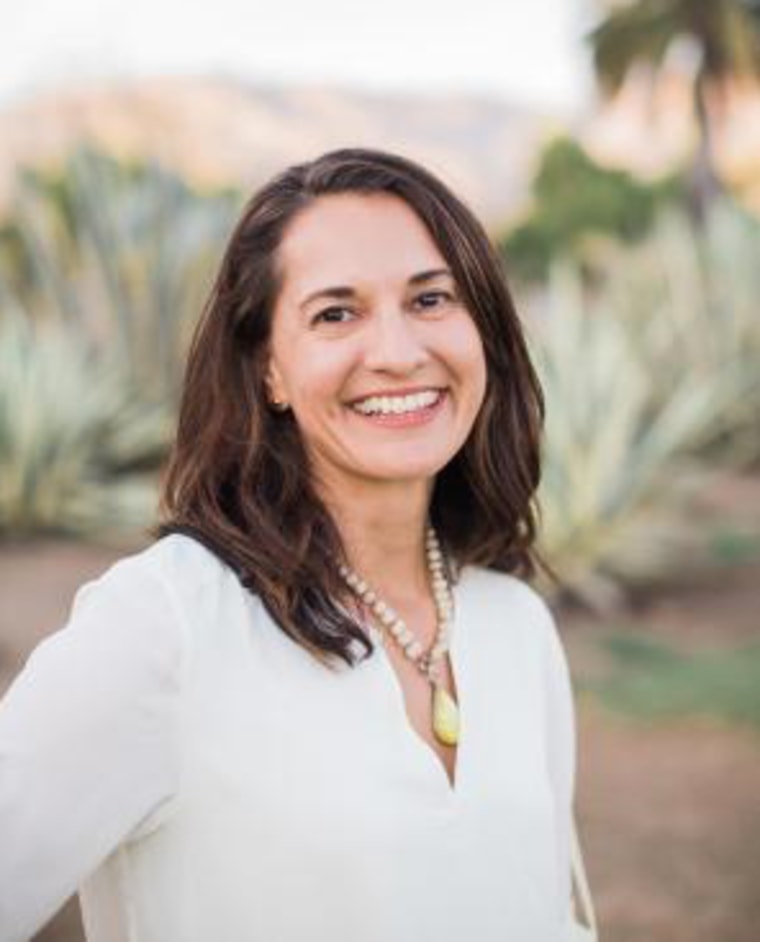Donald Trump has come out the victor in three out of the last four states holding a primary or a caucus and many see Super Tuesday as the point of no return for the Republican party in deciding who will be the GOP's representative going into the contest for president.
Many conservative Latinos have put their last hopes on Marco Rubio's ability to win enough delegates on Super Tuesday to stay in the race, so we asked four Latina political scholars their thoughts on Marco Rubio's chances to grab enough delegates to be a force against Trump.
Rubio's Dilemma: No State Wins, No Presidency

What’s worse than not being able to win your own state is not being able to win any state. This is the growing reality for Marco Rubio on Tuesday, where he is not favored in any of the eleven states holding Republican primaries on that day. Thus, Rubio faces a real dilemma: does he devote time, energy, and money in all these states or concentrate on trying to make in-roads in just one or two?
Rubio hit Donald Trump hard during Thursday night’s debate and by most accounts he landed quite a number of blows. These punches, though, appeared to be more of a last-minute flurry of survival rather than a consistent and sustained effort that should have started a long time ago. Even if Trump loses some support from this attack, at this point, it is likely not enough to either sufficiently hurt him or significantly help Rubio (Ted Cruz might be the more likely benefactor). Rubio’s strategy has been to make it to March 15th when his own state of Florida gets to vote. However, given his current position, the “Sunshine State” may signal the sunset of his campaign.
Stella Rouse is an associate professor in the Department of Government and Politics and director of the Center for American Politics and Citizenship at the University of Maryland.
Second Isn't Good Enough

Christened as "the" candidate by the Republican Party, Florida Sen. Senator Marco Rubio heads into Super Tuesday with a mandate to stop Trump’s blue-collar momentum by praying to sweet Jesus that at least Ben Carson and John Kasich bow out of the race. (Chances are though, that Carson will bid goodbye before Kasich.)
If Rubio continues to place second on March 1 - squeaking by third place and evangelical-favorite Senator Ted Cruz - the question is whether he has a shot of staying in the game after March 15 when states like North Carolina, Illinois, Missouri and the two must-win states - Ohio and Florida - tally their delegates.
With Kasich considered a strong favorite in Ohio, Rubio needs his home state’s red-conservative-leaning, Cuban-American-friendly, 27 delegates like never before on March 15. That’s an extra two weeks for Rubio to oil his debate skills, crisscross states, showcase his foreign policy know-how and plea with voters that he’s much more “presidential” than Trump - the real estate mogul, “you’re fired” personality, and Mexican and Latino public bully.
Dolores Inés Casillas is an Associate Professor of Chicano/a Studies at the University of California, Santa Barbara
Many of GOP's Base Won't Support Rubio

Marco Rubio will not survive Super Tuesday and move on to become the Republican nominee regardless of how much mainstream elements of the Republican Party would like.
Rubio just doesn't have enough of what the base of today’s Republican Party wants. For example, he doesn’t use enough coded racist statements such as "criminals and rapists," or "food-stamp President," or "self-deportation," that the base has increasingly demanded during the last few election cycles.
Rubio also comes across as too dispassionate about issues such as immigration, schools, and voting rights—again, all issues with a racial components to them. Rubio is simply not sufficiently mean towards racialized groups. But I would go further and argue that for many of the Republican base who are active in the primaries, Rubio himself is a member of a racialized group. As a Latino of Cuban descent, Rubio isn’t a “real American” to some in the Republican base no matter what he says or does making him unacceptable to the base of the party.
Maria Chavez-Pringle is an Associate Professor of Political Science at Pacific Lutheran University.

Rubio Still Has a Chance-Here's How
Super Tuesday is likely to be a big win for Trump. Looking at the polls, it is Trump who will win in Alabama, Georgia, Massachusetts. Texas, a state with many delegates, is currently dominated by Cruz. Where does that leave Rubio? He will pick up a few delegates come Super Tuesday, but it is likely going to be Trump who takes the most.
The bad news for Rubio supporters is that Trump will use his win to build his momentum. The good news for Rubio supporters, however, is that Rubio is now consistently the second place candidate, and Trump does not enjoy as comfortable a lead in the primaries following Super Tuesday.
If after March 1st the other candidates drop out, and a good portion of their votes go to Rubio, he could end up edging ahead of Trump. Closing Trump's lead will be key for Rubio to pick up the momentum he will need going forward to the primaries from April to June. Rubio faces an uphill battle, but there is still hope for him even if Super Tuesday goes Trump's way. After all, only about 25 percent of the total number of delegates are up for grabs on Super Tuesday. But for Rubio to win, it has to become a two man race.
Thania Sanchez, Assistant Professor of Political Science at Yale University
